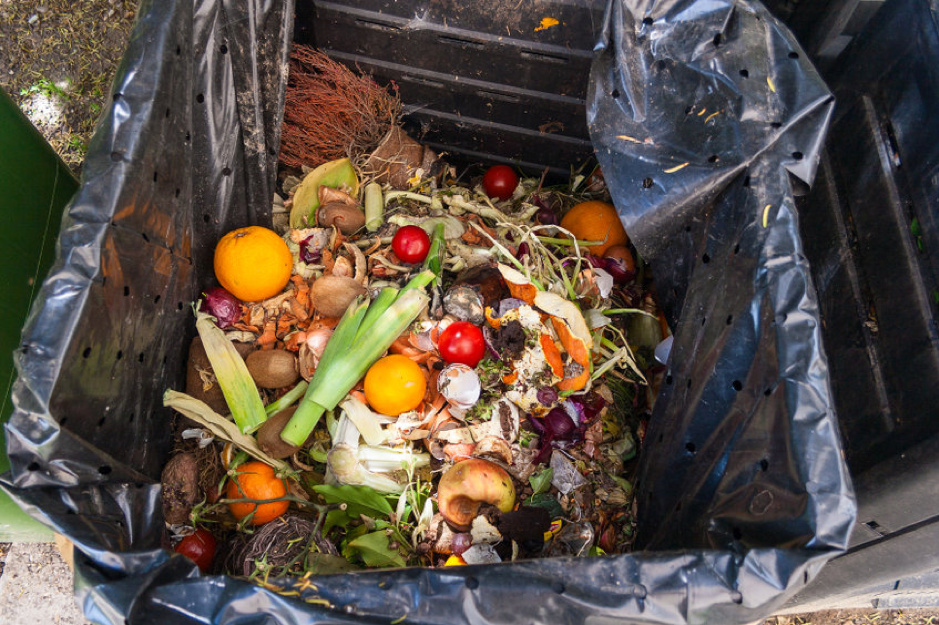- Empty cart.
- Continue Shopping
How to Reduce Food Waste for Health and Sustainability

Food waste is a global issue that not only impacts our environment but also our health and economy. We will explore effective strategies to minimize food waste, promoting both a healthier lifestyle and a more sustainable planet.
Understanding the Impact of Food Waste
Before diving into solutions, it’s important to grasp the magnitude of the problem. Food waste contributes to greenhouse gas emissions, deforestation, and wasted resources used in production. Additionally, it’s estimated that nearly one-third of all food produced globally goes to waste, while millions go hungry.
Meal Planning and Shopping Wisely
One of the most effective ways to reduce food waste is through thoughtful meal planning. Before heading to the grocery store, make a list of what you need for the week and stick to it. Avoid bulk purchases of perishable items, especially if you don’t foresee using them before they expire.
Embrace Leftovers Creatively
Leftovers often end up in the trash, but with a little creativity, they can become delicious new meals. Repurpose ingredients into salads, soups, or stir-fries. Leftover grains and vegetables can be turned into hearty grain bowls or frittatas. Get inventive in the kitchen to make the most of what you have.
Understand Expiration Dates
Expiration dates can be misleading. “Sell by” and “use by” dates are meant for retailers, not consumers. Trust your senses – sight, smell, and taste – to determine if a food item is still good to eat. When in doubt, refer to food safety guidelines provided by reputable sources.
Proper Storage Techniques
Knowing how to store different types of food can significantly extend their shelf life. For example, storing fruits and vegetables separately can prevent them from ripening or spoiling too quickly. Invest in airtight containers and consider using a vacuum sealer for items that need extended preservation.
Composting: Turning Waste into Nutrients
Composting is a powerful tool for reducing food waste. Instead of sending organic matter to the landfill, where it produces harmful methane emissions, create a compost pile or bin. Compost enriches soil, reducing the need for chemical fertilizers and contributing to a healthier ecosystem.
Support Local Food Banks and Charities
If you find yourself with surplus non-perishable goods or canned items that you won’t use, consider donating them to local food banks or charitable organizations. Your contributions can make a significant difference in the lives of those facing food insecurity.
Portion Control and Mindful Eating
Being mindful of portion sizes can not only lead to healthier eating habits but also reduce food waste. Start with smaller portions and go back for seconds if needed. Listen to your body’s hunger cues, and avoid over-serving yourself.
Preserve Foods through Freezing and Canning
Extend the life of perishable items by freezing or canning them. Fruits, vegetables, and even cooked meals can be preserved for later use. Properly labeled and dated items will help you keep track of what’s in your freezer or pantry.
Education and Advocacy
Promoting food waste reduction in your community and beyond is a vital step towards a more sustainable future. Share your knowledge and strategies with friends, family, and social networks. Support policies and initiatives that address food waste at the local, national, and global levels.
In conclusion, reducing food waste is a multifaceted endeavor that requires conscious effort and a shift in mindset. By implementing these practical strategies, not only will you contribute to a more sustainable planet, but you’ll also adopt healthier eating habits and save money in the process. Remember, every small action counts towards a more sustainable and nourished future.








